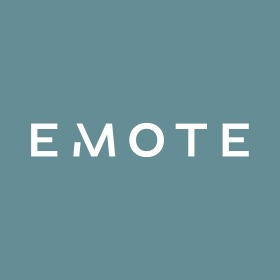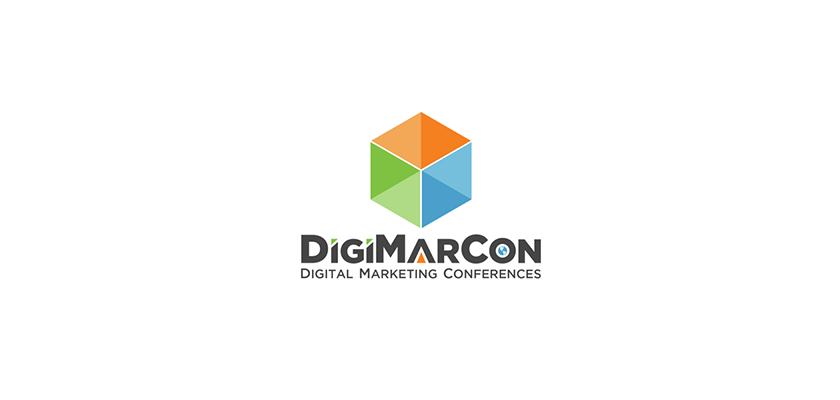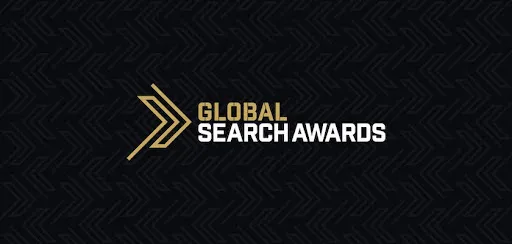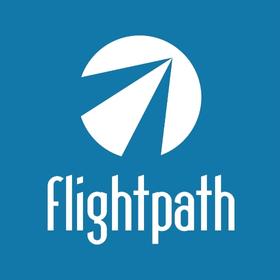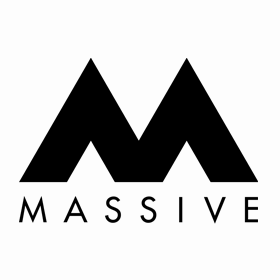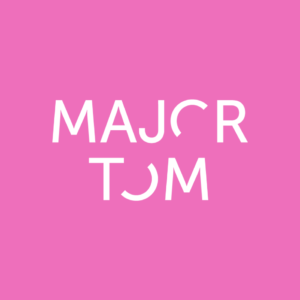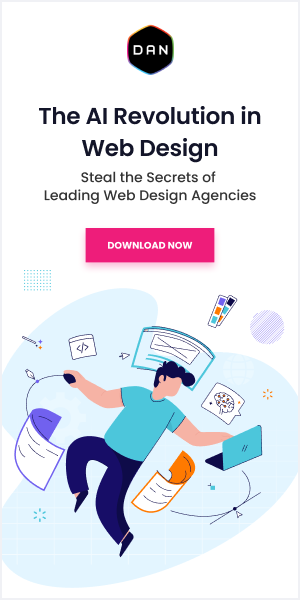
Is Your Agency Ready for the Future of Work?
“WFH”, “AI”, and “4-day-week” are part of our everyday business language now.
Just a few years ago, though, this wasn’t true at all. It’s no secret that the world of work is changing. But businesses looking to adapt to the future of work will need to prepare for more than just language shifts.
Workplace operations are governed by evolving societal, economic, and technological trends – all factors that the COVID-19 pandemic accelerated. Agencies, in particular, are affected by shifting trends, and it’s critical they adapt.
So, is your agency ready for the future of work? Let’s dive into how the future of work will impact the agency sector and what you can do to make the most of these opportunities.
What is the future of work?
The ‘future of work’ refers to how workplace operations shift based on global trends. Stories of robots taking over human jobs may spring to mind, but the reality is more nuanced than that.
Several key shifts have influenced the future of work, hastened along by the global pandemic:
- Growing popularity of remote work and flexible working
- Accelerating digital transformation, including the adoption of AI technology and machine learning
- Increase in the prevalence of e-commerce and digital transactions, which has extended even to traditionally conservative industries such as medicine and banking
As agencies sit at the crossroads of shifting consumer expectations, business operations, and workplace habits, they’ll be significantly impacted by these macro trends.
How to prepare your agency for the future of work
Let’s take a closer look at the key developments we expect to shape the future of work in the agency sector and how agencies can make the most of these opportunities.
Automation and AI
Artificial intelligence has improved all our lives, providing smarter technological experiences that touch everything from shopping to content creation. So, it’s no surprise that the AI industry is expected to grow to $190bn by 2025.
AI is designed to replicate human thinking and can be used to cut down time spent on repetitive manual tasks, such as finding grammatical errors in text or engaging with customers on a business’s website. Automation technologies that use AI provide value by streamlining operations and supporting problem-solving.
Adopt intelligent tools
Agencies can make the most of this opportunity by adopting business tools that utilize AI-driven automation. A challenge many agencies face is increasing efficiency; there are countless tools designed to help agencies to do just that, offering features such as:
- Automatically creating revenue forecasts based on live projects and pipelines
- Optimizing audience targeting for marketing campaigns based on previous results
- Automating content creation using existing brand assets
- Increasing operational efficiency by automating repetitive tasks, such as invoicing, chasing clients, and creating task reminders
- Streamlining processes by building standard operating procedures
Altogether, AI and automation can help agencies increase efficiency, reduce costs, and delight customers.
Tip: Learn more about what AI means for digital marketing agencies and how agencies use AI to speed up their process.
Remote working
Analysis from McKinsey showed that 20-25% of workforces in advanced economies could work from home three to five days a week. Even before the pandemic, flexible working arrangements were on the rise. However, during the pandemic, lockdowns worldwide demonstrated that working from home increased productivity.
The growing popularity of remote work is opening up new opportunities for collaboration and allowing businesses to hire from a broader pool of talent.
Remote working offers many benefits to employees, supporting a healthier work-life balance and reducing commuting costs, among many others. For agencies, remote working opens up opportunities to reduce overhead costs, and to access top talent through location-agnostic hiring.
Create a culture of trust and autonomy
Research has shown time and time again that workers want flexibility. Many businesses in the agency sector and beyond have reverted to traditional arrangements post-pandemic, which played a role in The Great Resignation of 2022.
In reality, flexible working arrangements increase productivity and prove to team members that you trust them. Agencies looking to attract and retain the best talent should consider offering flexible working arrangements, including hybrid solutions and flexible hours.
Some agencies may need to adopt new management practices that support collaboration and communication, requiring new tools and new strategies for managing remote teams. However, when you consider 87% of American workers take the opportunity to work flexibly when offered it, investing in a flexible work environment is worth the price to retain your top talent.
Creativity and innovation
At a time when the agency sector is becoming increasingly crowded, it pays to be competitive. As automation can take mundane tasks off workers’ hands, this frees up more time for creative work and innovation.
Promote creativity and innovation
By introducing development programs that promote creativity and innovation, agencies can encourage employees to devise new ways to work with clients or offerings that will differentiate them from their competitors. This will go a long way toward developing a culture of creativity and experimentation, benefiting client projects in the long run.
Data and analytics
The rise of AI has opened agencies up to take a more analytical approach to project management and business operations. With intelligent tools putting easy-to-understand reports in decision-makers’ hands, there’s an excellent opportunity for agencies to optimize client projects and day-to-day operations.
Invest in your employees’ development
An increase in the availability of customer and business data gathered by marketing and PSA software means agencies can access more measurable results for clients and actionable insights into how to run their businesses better.
Empower your workforce by educating them on how to use intelligent software that promotes data-driven decision-making. Upskilling staff with training programs will help them meet client expectations and prepare them for leadership roles.
Consumer behavior
Shifts in consumer behavior are governed by the same changes that influence the future of work. Agencies must keep abreast of these shifts to continue delivering excellent work to clients.
Keep up with trends
Ensure your agency stays ahead of the competition by attending conferences and digital events and reading industry reports and publications.
Choosing the right tools to navigate the future of work
By now, you’ll understand that evolving technology is at the forefront of workplace innovation. One fantastic tool to future-proof your resource management process is Runn.
Runn is an innovative resource management tool that does the heavy lifting around identifying, allocating, and optimizing resources for you. With forecasting features, project planning, reporting, and more, you can deliver profitable projects and exceed client expectations every time.
Plus, with a single overview of what everyone is working on, Runn can help your agency transition to a more flexible working model. Your team can work from wherever and whenever – and you’ll never lose sight of what they are working on.
Final thoughts
Change can feel daunting, but without it, we would not be presented with challenges and opportunities that encourage us to innovate and learn.
It’s down to each agency to make the most of these opportunities. Embrace change: invest in new technologies, champion team development, and remain agile enough to adapt when the tides turn again.







